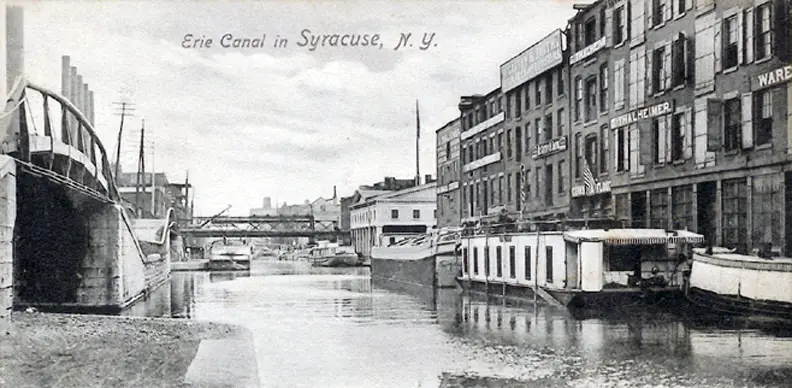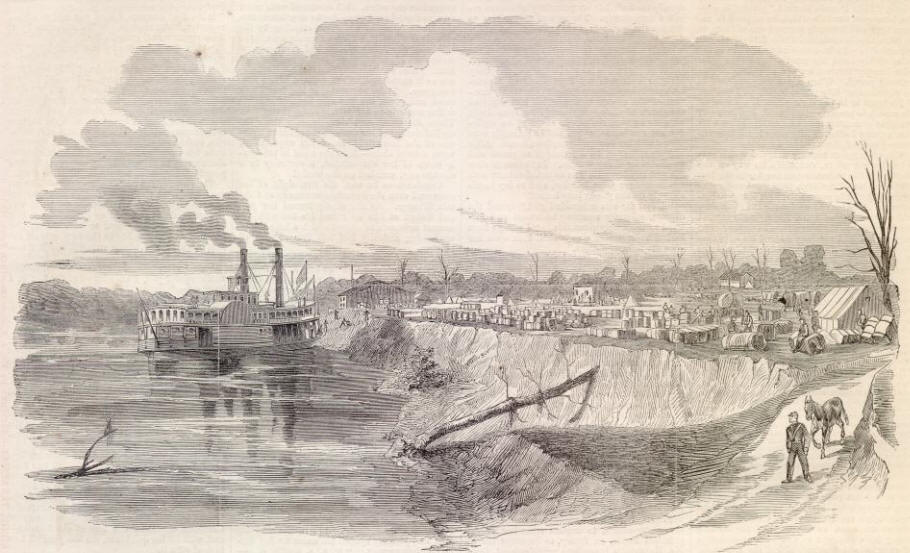In the late 1800s, a man by the name of George Walton Jenks made his mark on the history of Michigan’s Thumb region. Born on May 9, 1838, in Crown Point, New York, George’s journey led him to become a prominent figure in Sand Beach, Michigan. This article explores the remarkable life of George W. Jenks, a man of many talents and unwavering dedication.
Early Years and Relocation

George was the son of Jeremiah and Relief Jenks, and his family embarked on a life-changing journey in 1854 when they left the Empire State for Michigan. After a brief stay in St. Clair, they settled in Lexington, Sanilac County. Here, young George began his journey into the world of commerce.
The Civil War
As the nation plunged into the turmoil of the Civil War, George W. Jenks felt the call to serve his country. In October 1861, at the age of 23, he enlisted as a private in Company D of the 10th Michigan Volunteer Infantry, a company known as the “Sanilac Pioneers.” He enrolled in Lexington and, under the command of Captain Israel Huckins, the regiment mustered in at Flint.
Promotions and Duties in The South

George’s dedication and leadership qualities did not go unnoticed. He rose through the ranks, receiving a commission as a Second Lieutenant in April 1862 at Flint. His journey took him to Hamburg Landing on the Tennessee River, where his command played a vital role in ferrying troops and military supplies.
Lieutenant Jenks was in charge of a steamboat, navigating the river and ensuring the smooth transportation of troops and supplies between Florence and Hamburg Landing. His appointment as Commander on the river, bestowed upon him by General Payne, showcased his commitment to the cause.
The regiment continued to Nashville, Tennessee, where they faced a siege. During this time, George W. Jenks received another promotion, becoming a First Lieutenant, thanks to Governor Blair’s appointment. However, his dedication came at a cost, as he resigned in February 1863 due to illness.
A New Path
After returning home, George attempted to re-enlist a year later, but his application was rejected due to his physical condition. Undeterred, he accepted an appointment as Deputy Provost Marshal under William McConnell of Pontiac, serving in this role until the spring of 1864. Following his resignation, he took charge of his father’s sawmill five miles north of Lexington.
In the winter of 1864, George joined Pack, Jenks & Co. and relocated to Rock Falls, where he became the firm’s general manager. He played a pivotal role in the company’s success until January 1, 1876, when the firm dissolved. George received half of his father’s business, including all lands of Carrington, Pack & Co. and Pack, Jenks & Co.
A Thriving Partnership
A new partnership emerged, known as “J. Jenks & Co.” This firm engaged in various ventures, including a general mercantile business and the production of flour and salt. Additionally, they conducted extensive real estate transactions, employing an average of 75 assistants across their operations.
Public Service and Recognition
George W. Jenks’s commitment extended beyond the business realm. He served as Supervisor of Sand Beach Township for multiple terms and achieved electoral success as a Presidential Elector on the Republican ticket in 1884. His marriage to Arabella Knapp in 1867 resulted in two children, George J. and Anna Belle.
Involvement in Community
George was not only a successful businessman but also a dedicated community member. He became a member of the Knights of Honor and the Royal Arcanum, organizations that aimed to support and assist their members. In times of crisis, George’s sense of duty shone through. He was appointed distributing agent at Sand Beach to aid those affected by the devastating fires of 1871 and 1881, earning the respect and gratitude of his community.
Final Thoughts About George W. Jenks
George W. Jenks’s life was of service, dedication, and enterprise. From his early years as a Civil War soldier to his prosperous business ventures and community involvement, he left an indelible mark on the Michigan Thumb region. He died at the age of 60 on May 15, 1898, and is buried in Rock Falls cemetery. His story is a testament to the resilience and determination that defined the people of his time. George W. Jenks remains an enduring figure in the history of Sand Beach, Michigan, and his legacy lives on.



